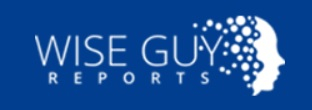Blockchain in the Healthcare Market
Blockchain technology is making significant inroads in the healthcare market, transforming how data is stored, accessed, and managed. Known for its secure, transparent, and decentralized nature, blockchain provides an effective solution to some of the healthcare industry's most pressing challenges, including data security, patient privacy, and interoperability. As healthcare organizations increasingly seek ways to modernize data management systems and streamline operations, blockchain is rapidly gaining traction as a promising technology for improving healthcare efficiency, accuracy, and security.
Market Drivers and Trends
One of the primary drivers of blockchain adoption in healthcare is the need for data security. Cyberattacks on healthcare systems have increased over recent years, leading to breaches that expose sensitive patient information. Blockchain’s immutable and decentralized ledger structure offers robust security, minimizing the risk of data tampering or unauthorized access. Each transaction or entry in the blockchain is cryptographically linked to the previous one, ensuring a secure chain that is resistant to tampering. This capability makes blockchain ideal for maintaining patient confidentiality while ensuring transparency.
Interoperability, or the ability for healthcare systems to effectively share and access patient data across different platforms, is another significant factor driving blockchain’s adoption in healthcare. Blockchain allows for seamless data sharing across multiple stakeholders, from hospitals and insurance companies to patients themselves, without compromising privacy. With blockchain, patients can have more control over their data, granting access to healthcare providers as needed, which enhances the accuracy of diagnoses and continuity of care.
Moreover, blockchain technology has applications in clinical trials and drug traceability. By maintaining an immutable record of each stage of the drug supply chain, from manufacturing to distribution, blockchain helps combat counterfeit drugs, ensuring that patients receive authentic and safe medications. Additionally, in clinical trials, blockchain facilitates secure and transparent sharing of research data, improving transparency and compliance while reducing the risk of data manipulation.
Types of Blockchain Applications in Healthcare
Blockchain in healthcare can be categorized into different applications, including electronic health records (EHRs) management, supply chain traceability, billing and claims processing, and research data management. EHR management is among the most prominent applications, where blockchain allows secure, decentralized storage of patient records that can be accessed by authorized users, reducing the time and complexity involved in sharing records.
Another notable application is in medical billing and claims processing. Blockchain technology can streamline these processes, reducing administrative costs and preventing fraudulent claims by maintaining a transparent and accurate record of transactions. Smart contracts, a feature of blockchain, automate these transactions, speeding up reimbursements and ensuring accountability.
Regional Insights
North America leads the blockchain in healthcare market, driven by robust technology adoption, significant investments in blockchain R&D, and a highly developed healthcare infrastructure. The United States, in particular, has witnessed significant initiatives aimed at implementing blockchain for healthcare, with both public and private sectors exploring its applications to enhance data security and interoperability. Europe follows closely, with several countries investing in blockchain solutions to improve their healthcare systems.
The Asia-Pacific region is anticipated to experience the fastest growth, as countries like China, India, and Japan increasingly invest in digital healthcare transformation. Rising awareness of data privacy, alongside governmental initiatives to improve healthcare infrastructure, is expected to drive blockchain adoption across the region.
Future Outlook
The future of blockchain in the healthcare market looks promising, with rapid advancements and growing interest among key stakeholders. As more healthcare providers recognize the benefits of secure, decentralized data management, blockchain technology will likely see wider adoption. With ongoing improvements in regulatory frameworks, blockchain will continue to provide innovative solutions for data security, patient privacy, and process efficiency in healthcare, paving the way for a new era of digital transformation in the industry.



